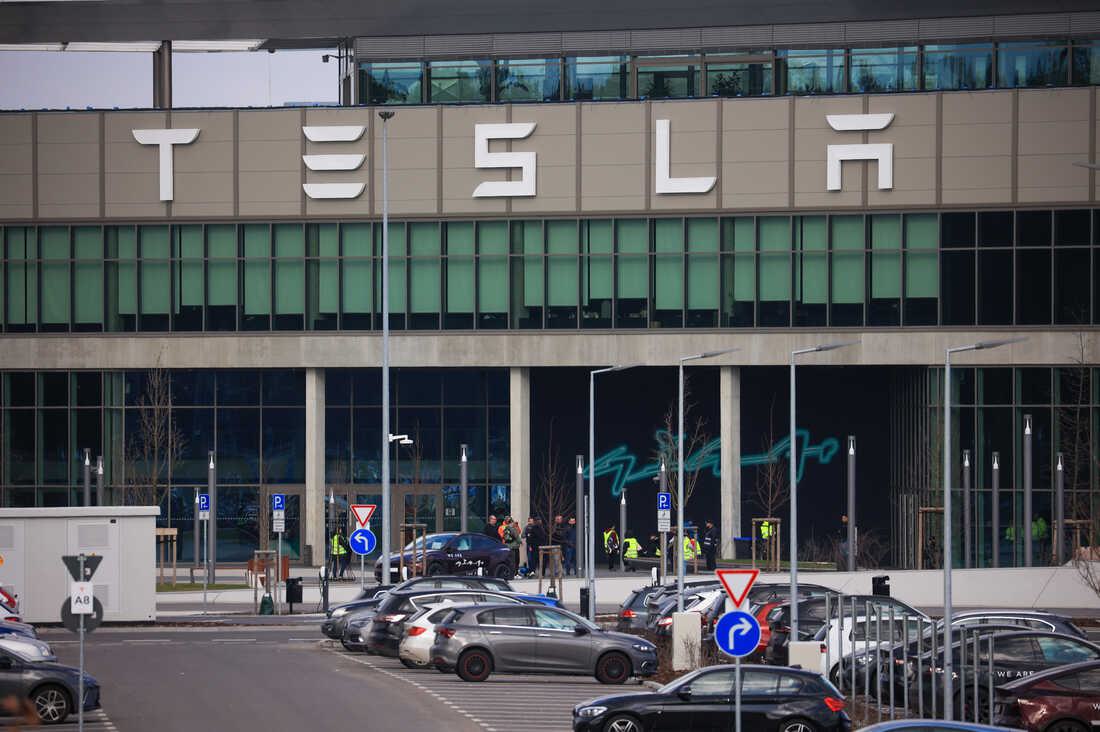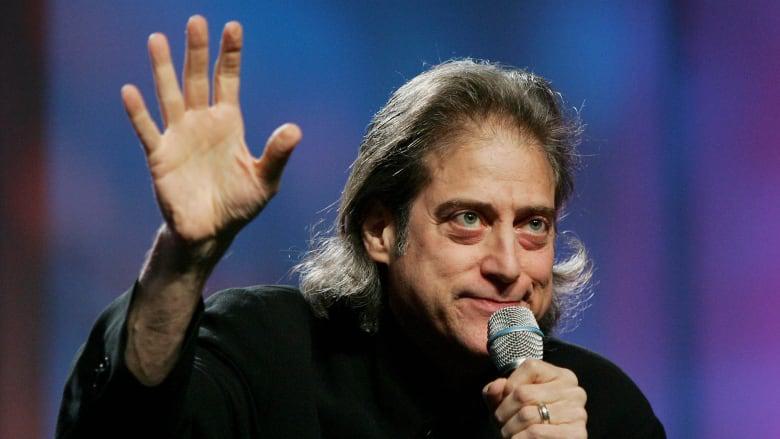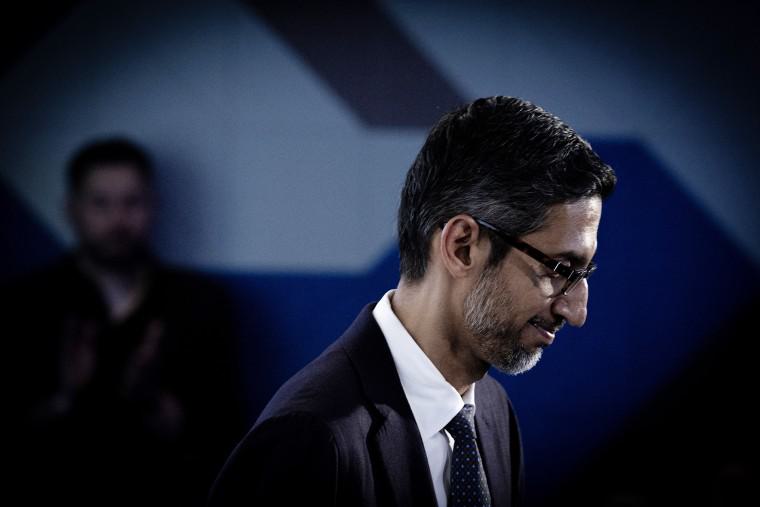The Potential Impact of Banning Dividends - Dispatch Weekly
May 26, 2020 - Reading time: 4 minutes

If there has been a historical criticism of the Conservative government, it’s the party’s veneration of big business at the expense of smaller firms and low income households. This was also a charge levied at Tony Blair’s New Labour, with the deregulated financial market creating a rampant culture of greed and helping to precipitate the 2008 crash.
However, we may be seeing a gradual shift in approach from the Tories, who have recently discussed the banning of dividends for companies that receive state-backed loans of up to £200 million during the coronavirus outbreak.
This represents a huge policy shift, and one that could have significant implications for shareholders and the markets as a whole. But will the government follow through, and what will be the impact on aspiring business investors?
The Story so Far – What do we Know?
The Coronavirus Large Business Interruption Loan Scheme (CLBILS) was heralded when it was first unveiled by Chancellor Rishi Sunak, but some concerns have been raised that this has been exploited by the nation’s wealthiest entrepreneurs.
To this end, the government is considering temporarily banning the payment of shareholder dividends to any business that has received a state-backed loan of up to £200 million.
This would represent a major change in legislation, and one that would completely prohibit the distribution of capital to investors in companies that actively benefit from the provision of state loans.
The government is also planning to encourage the corporate users of the CLBILS to demonstrate true restraint when making decisions about executive pay and bonuses, or risk further sanctions being imposed over time.
While this type of interventionist action is not synonymous with right-of-centre governments, the Tories have come under increasing pressure of late, particularly after Tesco paid out a £635 million dividend to shareholders almost immediately after accepting a business rates holiday worth £585 million.
At the same time, Tesco has seen its share price increase by 30% since the outbreak thanks largely to stockpiling, causing huge resentment amongst the public and concern throughout the economy.
What Will a Ban on Dividends Mean for the Markets?
Interestingly, we’ve seen a precedent for this set in India, where the nation’s banks have been barred from paying dividends for the fiscal year ended March 2020.
The clear objective here is to ensure that banks are compelled to conserve capital in the wake of the Covid-19 outbreak, while curtailing greed and preventing investors from making opportunistic gains at the expense of long-term and widespread growth.
There’s no doubt that the potential dividend ban in the UK would have a similar impact, albeit one that would be applied to the business market as a whole. More specifically, businesses would be required to adopt a fiscally prudent mindset, and one that forced them to make informed management decisions and simultaneously optimise the capital at their disposal.
In some respects, this may provide a legal avenue through which firms can safeguard themselves and their employees in the near-term, rather than being governed by the demands of shareholders.
This is not particularly good news from the perspective of investors, however, particularly as the value of shares and indices are likely to decline markedly if such a measure was rolled out. Of course, the full effect of this would be felt in the short-term, and the government clearly feels that a dividend cap will protect longer-term economic interests across multiple industries.
If the ban is implemented, it will serve as the most far-reaching intervention into corporate governance in recent times, and one that’s more synonymous with left-wing governments. However, it’s arguably fitting for the time, especially if you hold a medium or long-term fiscal outlook.

DW Staff
David Lintott is the Editor-in-Chief, leading our team of talented freelance journalists. He specializes in covering culture, sport, and society. Originally from the decaying seaside town of Eastbourne, he attributes his insightful world-weariness to his roots in this unique setting.




